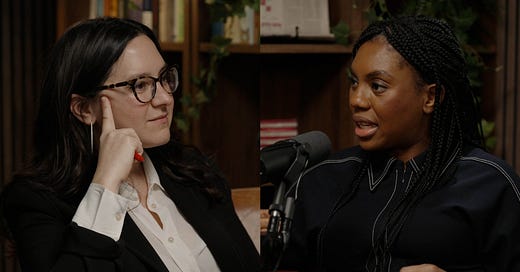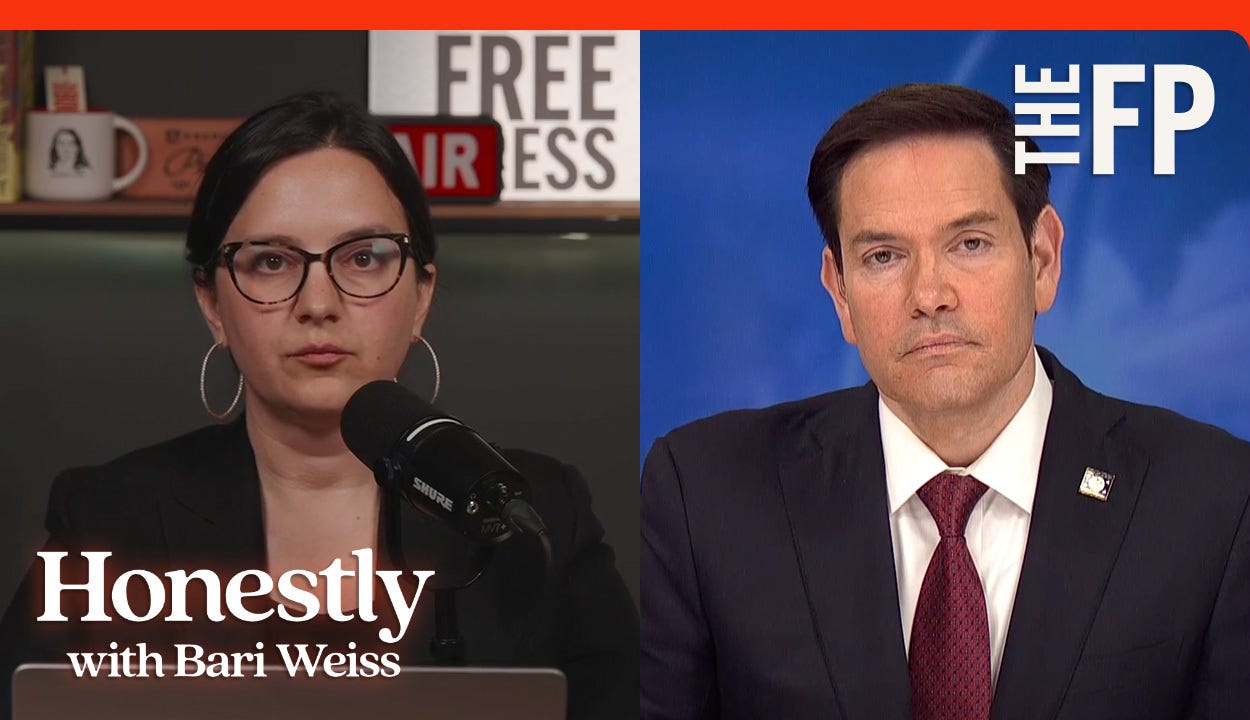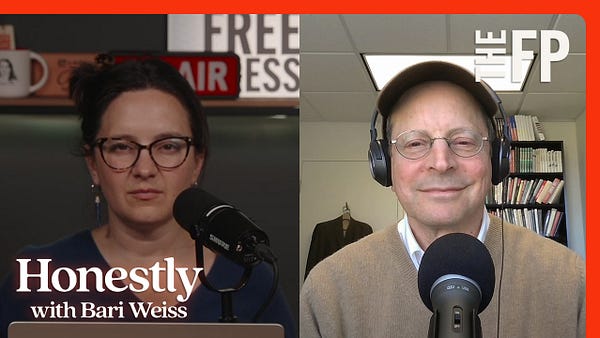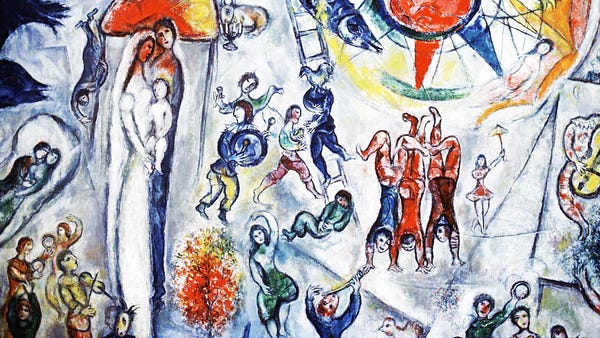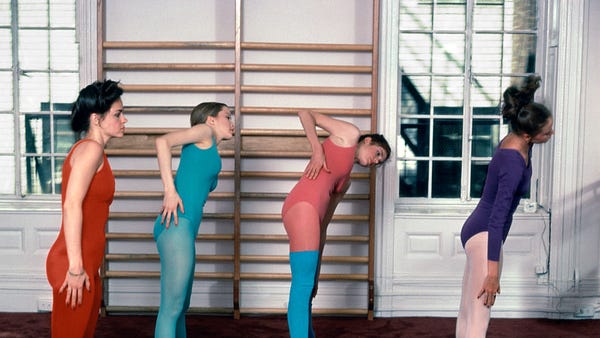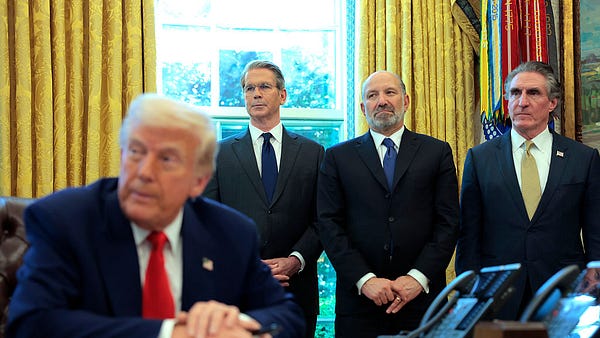
Kemi Badenoch just became the first black woman to lead the UK’s Conservative Party, the oldest in British politics, colloquially known as “the Tories.” (She’ll probably resent me for noting that fact, given her fierce opposition to identity politics, but I can’t help but point out the historic first.)
She’s also 44, has three children, grew up in Nigeria, actually worked at McDonald’s (unlike some American politicians who have claimed to), didn’t go to Oxford or Cambridge, and has a master’s degree in computer engineering. Not exactly your typical Tory party leader profile.
But it’s Kemi Badenoch who has just inherited a Conservative Party that has dominated British politics for decades until Labour Party leader Keir Starmer became prime minister earlier this year. The Britain that Starmer inherited—the Britain that Conservatives like David Cameron, Theresa May, Boris Johnson, and Rishi Sunak left behind—is a country with enormous debt, a shrinking GDP, a huge immigration challenge, and arguably a national identity crisis. Or as Free Press columnist and British historian Niall Ferguson has bleakly put it, “Lately it seems that mine is a country with a death wish.”
Can Kemi Badenoch turn her party—and ultimately, her country—around? How will she offer something different than the past five Tory leaders who served before her? And can she beat out not just the Labour left but also the growing threat from a very energized hard right?
Watch our conversation here:
You can also click below to listen to the podcast, or scroll down for an edited transcript of our conversation.
Bari Weiss: You were born in the UK, but then your family moved back to Lagos, Nigeria, when you were very young, and you were raised there for the first sixteen years of your life. In those years, Nigeria had a series of military coups. Inflation reached 40 percent. Life expectancy was around 46 years old. Tell us about your childhood growing up in Nigeria, and how this political and economic context shaped your character and politics.
Kemi Badenoch: It certainly shaped my character, but my family shaped my character a lot more. I was born into a relatively wealthy family in January 1980, just as the oil boom is taking off in the country. My family is doing well, partly because of that. My dad was a doctor who had lots of oil company patients. My grandmother grew up never learning how to read or write; she was poor. And then she made a lot of money from trading. She was my initial inspiration. She sent some of her children to the U.S. to study and paid all the fees.
But what really shaped me was watching the decline of the family wealth because of terrible economic policies. I’ll tell people it was socialism, and they say, “It wasn’t socialism; it was just a military dictatorship.” But it was the government owning everything, deciding which businesses would run and which ones wouldn’t run by decree. It was the government choosing where you would go to school. One day, the water just stopped running. It was a state-run water company that just couldn’t cope, and we ended up having to dig a borehole and get our own water. For a long period, I had to fetch water.
I know what it is like to be wealthy and also to be poor. By the time I moved to the UK in 1996, there was virtually nothing left. Hyperinflation and so on. And my dad gave me the equivalent of what was his last 100 pounds and said, “Good luck.”
All of those experiences have shaped my view of the world. Even if you’re wealthy, things can disappear and you have to work very hard to maintain not just your family but also your country. You’ve got to make sure that you culture and cultivate what is good about your society, or you will lose it.
On working at McDonald’s (for real):
BW: So you move back to London alone at 16. And your dad gave you his last hundred dollars?
KB: Yes, but my mother had a friend who I stayed with. So it wasn’t like I stayed in a homeless shelter. I had a roof over my head. But I had to look after myself. And I had to get a job. And that was at McDonald’s.
BW: Did you do the fries, like Kamala Harris?
KB: You know, I had to do everything! But I hated being on the grill. It was just boring. A lot of people in the UK think that it was like a summer job or something I was doing on the weekends. But no. . . that was my job. And then I went to a part-time college between age 16 and 18, and that was also a very formative experience for me. I call it the soft bigotry of low expectations, or the poverty of ambition. I stopped caring about grades even though I’d been a straight-A student. And I realize now just how tough it is for so many people who may not have families that push them, when they go to college where no one is pushing them to fulfill their potential. And it’s so unfair. That’s one of the things that got me on that journey to becoming a conservative.
How she became a conservative:
BW: Most people, when they’re 25 years old, do not become conservative. And certainly most black women do not become conservative. What made you a conservative?


